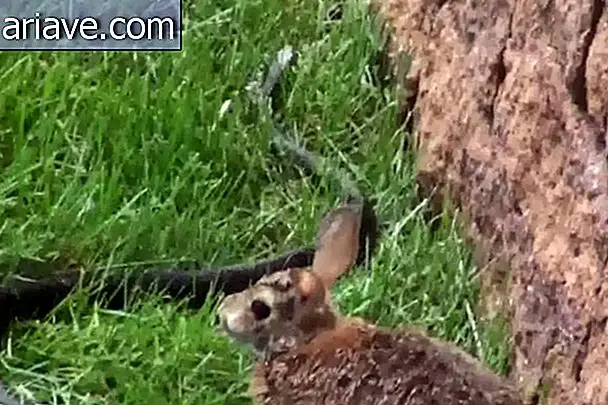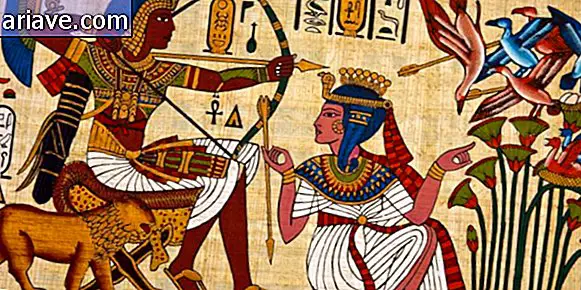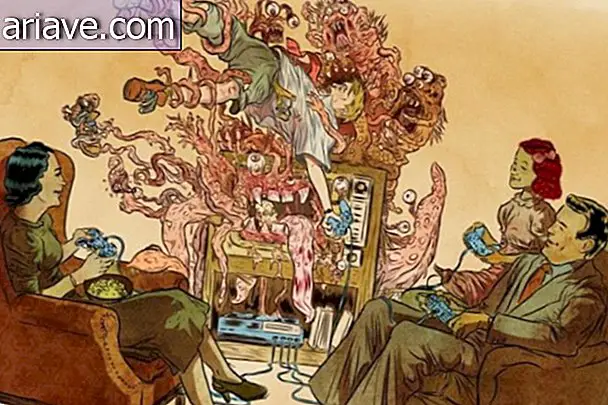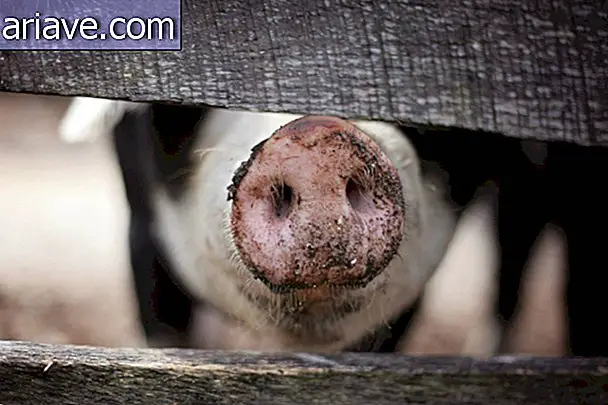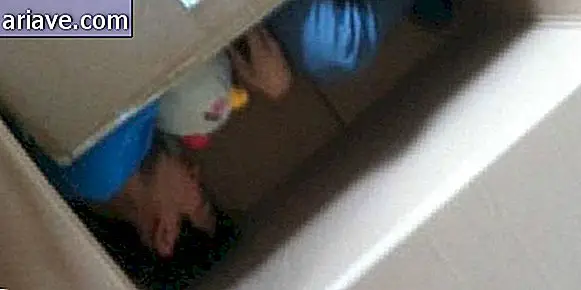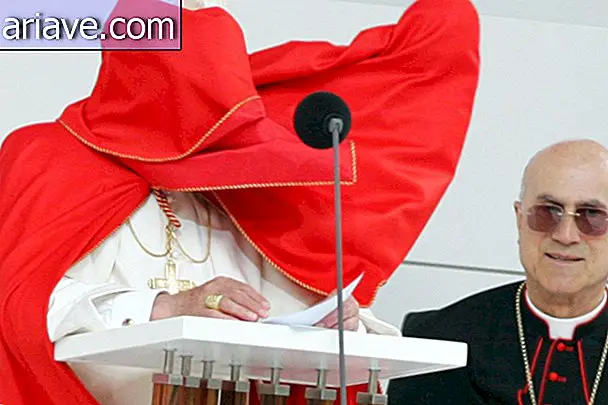Electronic tattoo spraying takes two minutes to dry
A spray tattoo, which dries in two minutes and contains flexible electronic circuits sensitive to skin-transmitted vitals - this is the next step within biosensor technology developed by electrical engineers at Duke University.
"When people hear the phrase 'printed electronics', the project is expected to be sent to a printer to become real. Over the years, research has promised 'fully printed electronics', but the reality is that the process involved removing the sample several times to bake it, wash it or apply coating materials to it. Ours is the first time reality matches public perception, ”explains one of the project's authors, Professor of Electrical Engineering Aaron Franklin.
The concept of the so-called electronic tattoo was first developed at the end of the last decade. In this case, the film with the early versions of flexible electronic circuits is fixed to the skin as a temporary tattoo, acting as monitors of cardiac and cerebral activity, as well as muscle stimulators. Even being used experimentally, these devices are already ready to be marketed on a large scale.

Aerosol Printing
Franklin's lab teamed with chemistry professor Benjamin Wiley to create an ink containing silver nanowires, which can be printed on any substrate at low temperatures. The process is done through an aerosol printer, which produces a thin film capable of maintaining conductivity after drying (which does not take even two minutes). The film remains functional and healthy even after being folded in half more than a thousand times.
The Duke design, whose technique is delicate enough to apply to paper and human skin, would be used where electronic components need to be customized. "Using this biosensor tattoo makes it possible, for example, for a nurse from enter your workstation, enter what measurements would be needed for a specific patient. That's where on-demand printing can help, "predicts Franklin.
Electronic tattoo spraying takes two minutes to dry via TecMundo

